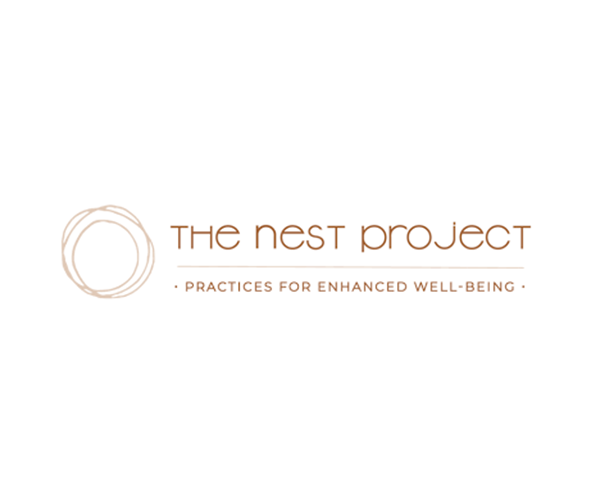Am I experiencing burnout?
By Julien Quickstad, Psychology Student – York University
The symptoms of burnout and depression are quite similar so sometimes its hard to tell which one you are dealing with. According to the APA Dictionary of Psychology, burn out is “physical, emotional, or mental exhaustion accompanied by decreased motivation, lowered performance, and negative attitudes towards oneself and others”.
Burnout occurs when you have unhealthy work-life balance for a prolonged period. Sometimes things get busy at work or school, and it can be stressful to deal with the extra workload, but this happens from time to time. It’s a problem when this extra workload is constant, and you never have a chance to wind down. Burnout can happen for many other reasons, including taking on family caregiving roles without enough support, being in a toxic work/home environment, lack of sleep and a multitude of other reasons. Burnout does not happen overnight, and slowly you are less able to cope with work.
Most of the time, burnout is specific to work or school, whereas depression seeps into every area of your life. When you are experiencing burnout, you can still enjoy other parts of your life. But for the tasks or work in question it is not simply procrastinating a task, it is becoming distant, numb, and mindlessly doing the task; or it could be becoming annoyed or aggravated that you must do a task you were previously okay with.
Lastly, symptoms of burnout, specifically the fatigue, apathy towards work and performance issues, disappear when the work and home environment improve.
For example, Tom is in their 1st year of university enrolled in a psychology degree. He is extremely excited to start school because he has always had a passion for the subject. It is the first time he has lived by himself, so he goes home on the weekends. After the first semester he notices that during the week he is always tired, he feels sick some days, and has anxiety on and off. When he goes home for the weekend, he doesn’t feel any of these symptoms. Soon, he starts to dread going to school and doesn’t understand why he has no interest in his favourite subjects. His parents recommended he talk to the school counsellor, and they decided that he should drop one of his classes so he can have more time to hang out during the week. After this change he found that he was no longer tired during the week, and he was enjoying his classes once again.
How to Prevent & Alleviate Symptoms of Burnout:
- Understand that we all need breaks and pay attention to the signs you need one. If you recognize burnout early on you can prevent severe symptoms.
- Be aware that your capacity to work is not always constant
- Talk to your boss, teacher, or family if you are feeling overburdened. Maybe they can help you change your schedule, take some of the load away, or you can take some time off work.
- Re-evaluate your work-life balance and create time management strategies that work for you.
- Prioritize sleep and enjoyable activities, learn mediation techniques and exercise
- Build your resilience (Much easier said than done, that’s for sure!)
- Above all, if you are experiencing symptoms that are affecting your day-to-day functioning, seek the help of a medical professional. Need assistance? Visit: https://www.lloydminstermentalhealth.ca/find-support
References:
American Psychological Association Dictionary. Depression. https://dictionary.apa.org/depression
American Psychological Association Dictionary. Burnout. https://dictionary.apa.org/burnout
CALE Learning Enhancement. Preventing burnout. Eastern Washington University. https://inside.ewu.edu/calelearning/psychological-skills/preventing-burnout/
Share this page:













